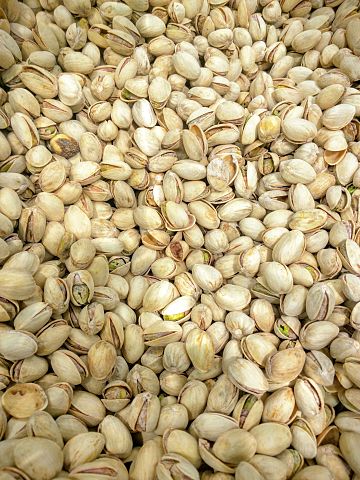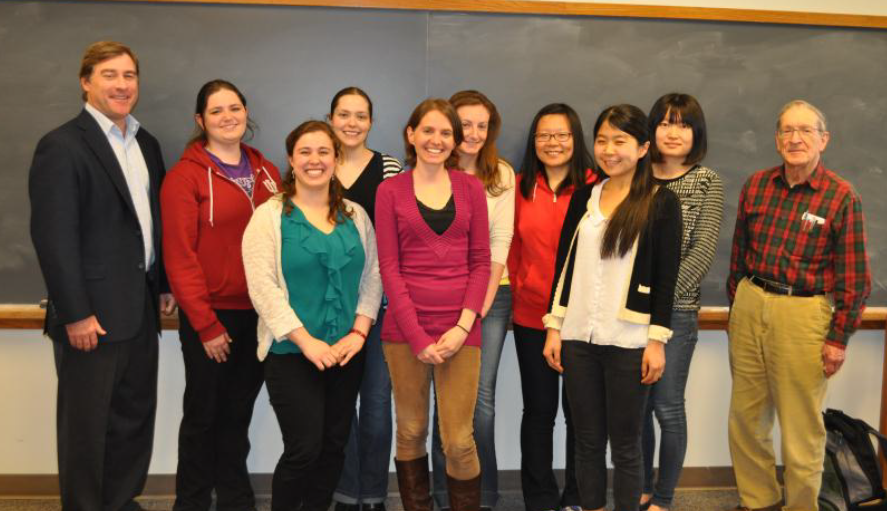In an effort to encourage young girls in STEM, Marvel and the National Academy of Sciences’ Science & Entertainment Exchange are working to creating scientific superheroes through the “Girls Reforming the Future Change” challenge.
In conjunction with the upcoming release of Captain America: Civil War, the two organizations have created a program for girls ages 15 to 18 to submit projects they believe could change the world. Through short videos, each contestant is encouraged to explain a STEM related project that could have a far-reaching impact globally.
The project will select five finalists to receive a $500 savings account. Additionally, one lucky contestant will receive the grand prize of an internship at Marvel Studios.
“I’m really excited to meet these exceptional young women who have STEM backgrounds and who maybe also want to be part of more of a creative- and science-based world,” says Elizabeth Olson, actor in the film. “And Marvel’s a perfect place for that.”
Learn more about the project at captainamericachallenge.com.









